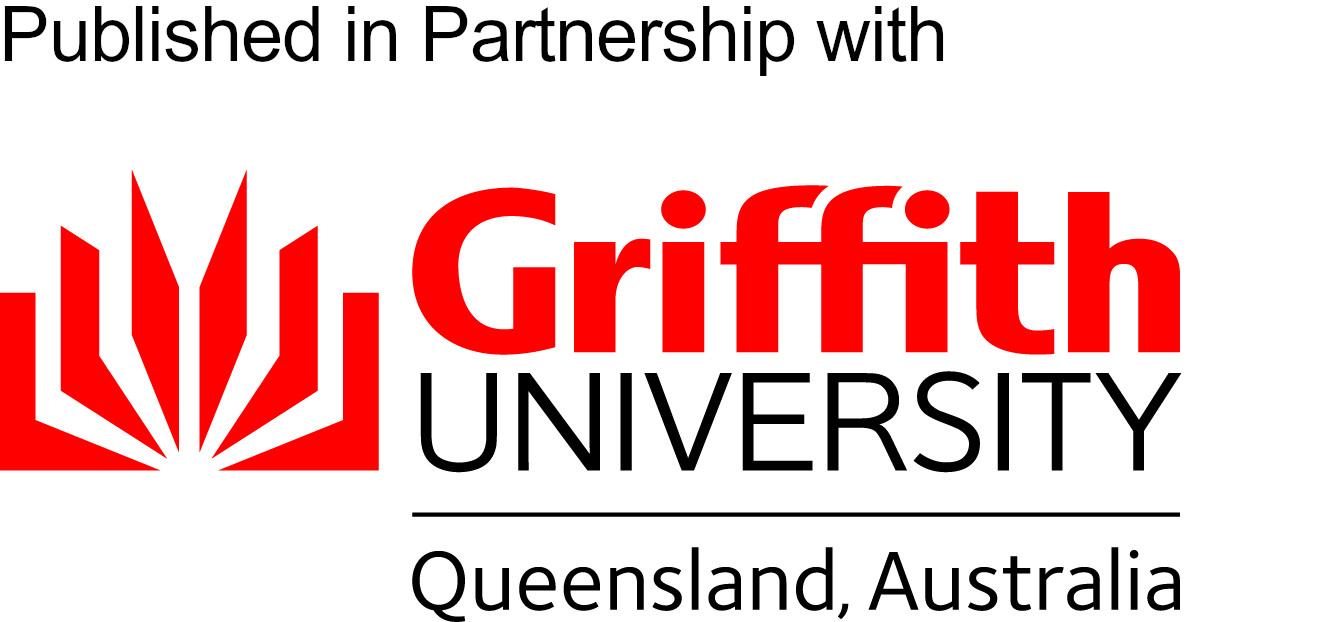Building community capacity and resilience through Emergency Services Cadets
DOI:
https://doi.org/10.1017/qre.2017.10Keywords:
Queensland Emergency Services Cadets Program (ESCP), experiential education program, capacity-building program, emergency management skills, community outcomesAbstract
The Queensland Emergency Services Cadets Program (ESCP) is a unique experiential education program that engages with young people aged from twelve to seventeen years, the majority of whom face the particular challenges of living in rural, remote and urban disadvantaged communities. The ESCP aims to build capacity and resilience in individuals, families and communities by providing young people with opportunities to develop skills, increase confidence, foster greater connection and belonging to community, and provide a sense of purpose through emergency preparedness. This article explores how ESCP positively impacts on cadets’ lives by delivering a capacity-building program that teaches disaster response and emergency management skills; allows all participants to enter on an even platform; draws on the cooperation and support of multiple emergency services, local councils, schools, businesses, community resources and dedicated volunteers; and is provided at no cost to participants. By positioning young people as capable and competent, and supporting them to learn and demonstrate their skills and knowledge within their community, the article argues the ESCP delivers specific and tangible developmental outcomes for young people and their communities. Specific outcomes discussed include the empowerment of cadets to become self-determining, the strengthening of the community’s collective knowledge and the promotion of a positive image of young people within their community.
References
Australian Bureau of Statistics (ABS) 2011. Socio-Economic Indexes for Areas (SEIFA) — Data only, cat. no. 2033.0.55.001. Canberra: ABS, http://www.abs.gov.au/AUSSTATS/[email protected]/DetailsPage/2033.0.55.0012011?OpenDocument.
Baisden S. 2016. Emergency Services Cadets annual report. Brisbane: PCYC
Seymour K. 2012. Good practice principles for youth development organisations, 2nd ed. Brisbane: Key Centre for Ethics, Law, Justice and Governance, Griffith University.
Police Citizens Youth Clubs Queensland (PCYC) 2016. PCYC strategic snapshot. Brisbane: PCYC.
Queensland Fire and Emergency Services (QFES) 2015. Strategic plan 2015–2019, https://www.qfes.qld.gov.au/documents/QFES-Strategic-Plan-2015-2019.pdf.





